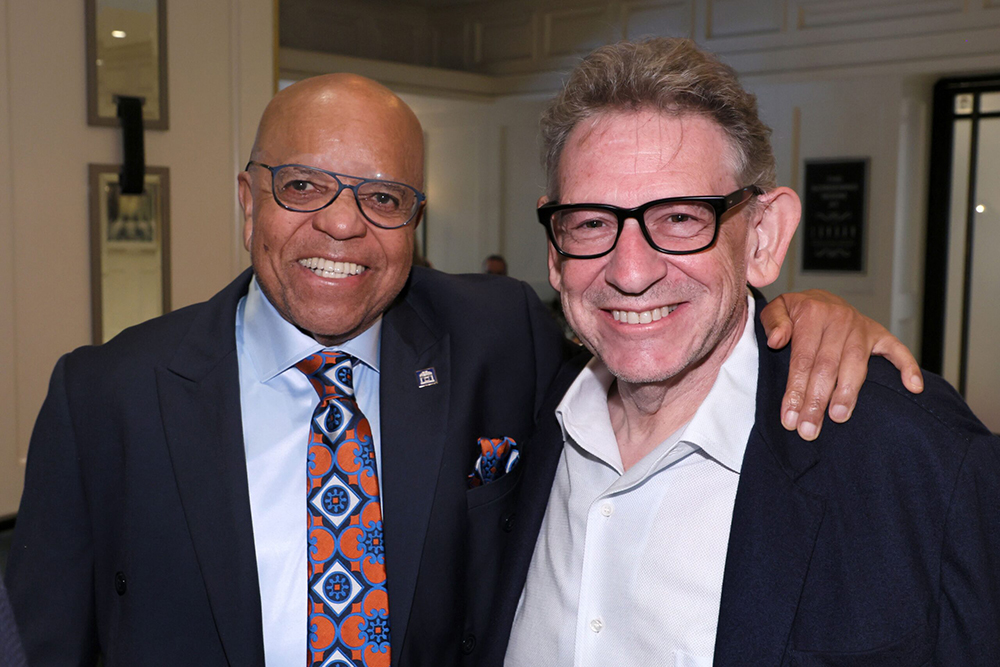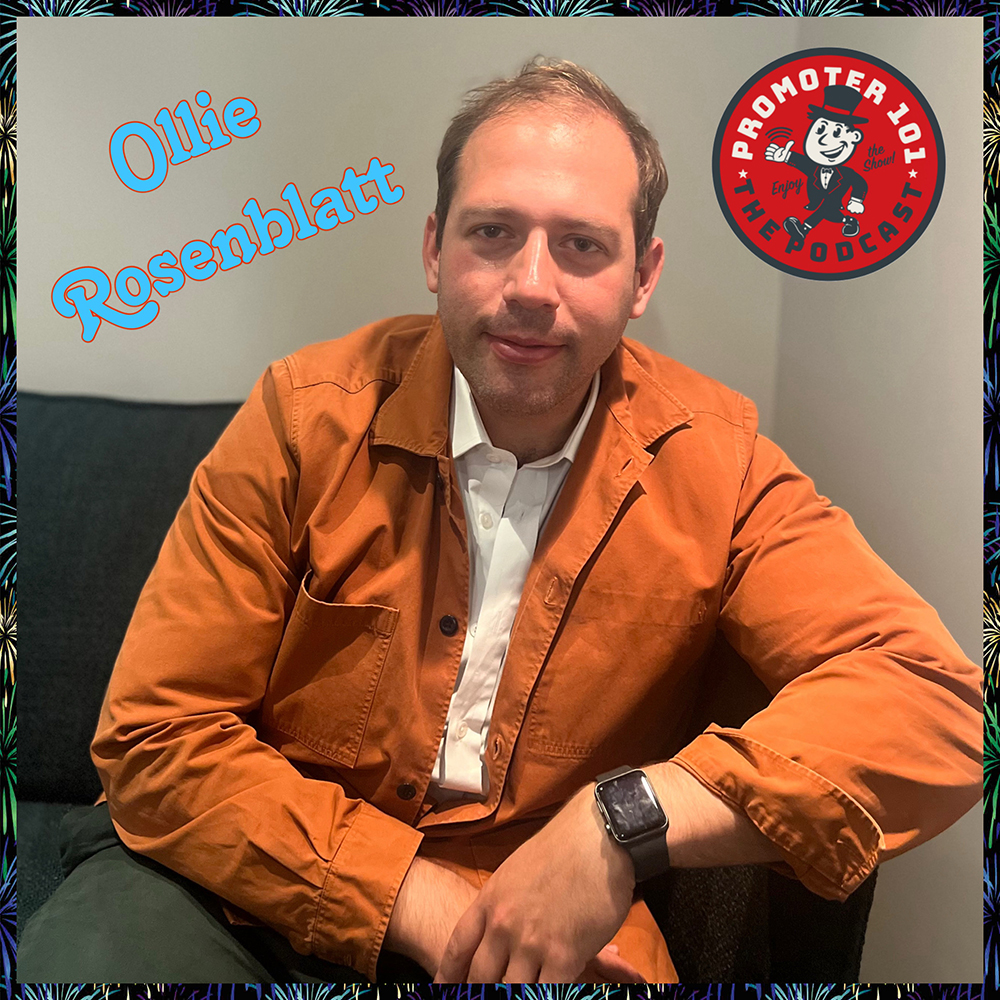
NEW YORK (CelebrityAccess MediaWire) — When the LP record format was released in 1948, many musicians found themselves out of work. The jobs that had previously been filled in orchestras at radio stations could now be filled with an LP instead of a live band and royalty arrangements at the time provided no revenue for the musician when the recorded music was broadcast.
In response to this, the American Federation of Musicians, one of the largest musician unions in the US and Canada launched a crippling walk-out against the music industry, refusing both live performances and work on new records. Eventually, after considerable wrangling, an agreement was brokered that would rewrite the way royalties were handled and also to create the Music Performance Trust Fund, a trust designed to provide financial support for free public performances in connection to public or charitable, educational or civic events.
Under the agreement, an independant trustee is appointed by the US Sec. of Labor and performance funds would be divided according to geography, population and availability of musicians. Provisions were made for co-sponsors in the community to be able to take part and for their contributions to be tax deductable.
This was all well and good until the last decade. According to accepted wisdom, the recording industry gradually forced to decrease the amount of money they were investing into the fund because of the ravages of illegal music piracy. Further exacerbaring the financial realities that the fund was facing was the retreat on virtually all levels of governmental educational funding for music. Schools turned to the fund to try to replace this funding and by 1996, they were spending nearly 30% of their annual disbursement on education.
The real story is a little different. Since 1991, the number of performances staged by the fund has dropped by 60 percent with 31,000 staged in 1991 and only 10,000 staged in 2006. Royalty income provided by signatories in the recording industry has fallen precipitiously as well, from a high of 9 million in to a low of 3 million from the entire recording industry in 2006.
While some of these problems can be laid at the feet of the changing landscape of the music market, to suggest that piracy is a major factor here would seem to be, on its face, incorrect. The most preciptious drop was between 1995 and 1999, and during most of this time, Napster, the software that would launch the 'pirate fleet' was merely a gleam in creator Shawn Fanning's eye. Consequently, it is difficult not to lay some of the burden upon business strategies and policies of the recording industry itself.
It is worth bearing in mind that this year, while Warner Music Group booked a loss for the second fiscal quarter of 27 million dollars, CEO Edgar Bronfman Jr. netted a base salary of $1 million dollars and a 'target' bonus of $6 million (It begs the question of if the target was losing 27 million dollars in 2nd FQ.) Thus, the salary for one executive at one record company exceeds by more than 100 percent the amount contributed to this fund by the entire recording industry. – CelebrityAccess Staff Writers

























































